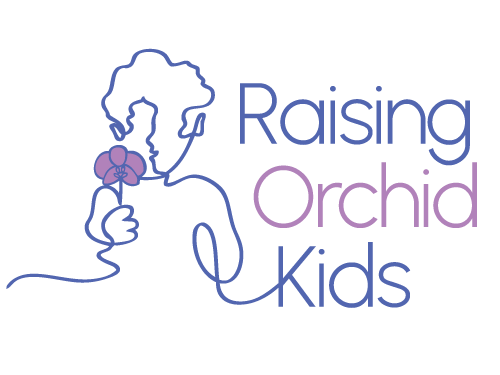If you’ve been struggling with your child’s struggles, we see you. We understand parenting struggles. And we’ve been pondering, too. Why is it that we don’t question the strengths? Why do we only question the struggles? Read on for suggestions on how to reframe this core aspect of parenting.
The gifted child versus the struggling child
When a child shows an exceptional talent—maybe they’re a brilliant reader at age five, or can build intricate Lego structures without instructions—we marvel. “She’s gifted,” we say. “He’s just wired that way.” We don’t ask where the strengths come from. We don’t need proof. We don’t demand data or a second opinion. We believe it, instinctively.
But when a child struggles—can’t sit still, melts down over small changes, avoids eye contact, can’t tolerate tags in clothing—we often hesitate. We wonder: Is it really a challenge? Is this just bad behavior? Did I cause this? Could they just grow out of it? Should I push harder? We question. We doubt.
And when we share our concerns with others, we often feel that same doubt reflected back at us. Does this sound familiar?
“They’ll grow out of it.”
“Have you tried…?”
“All kids do that.”
“You’re just being too sensitive.”
This split—between how we treat a child’s strengths and how we treat their struggles—is more than frustrating. It’s telling. It reveals something deep about the way our culture sees children, and especially neurodivergent children. And it’s something we need to talk about.
Strengths are gifts, struggles are defects
When a child plays piano by ear or solves puzzles faster than adults, we celebrate their uniqueness. We assume those traits are baked in—the natural expression of who they are. But if that same child struggles to follow directions, has trouble with handwriting, or gets overwhelmed in noisy places, we treat it differently. We assume there must be a fix. A cause. A better parenting strategy. A stricter consequence.
In other words: strengths are intrinsic. Struggles are optional. Something to overcome. Something that shouldn’t really be there. But what if they’re both part of the same brain? Because they are.
Neurodivergent kids—Orchid Kids, as we like to call them—experience the world differently. Their brains process input differently. And that difference creates both gifts and gaps. Fast processing in one area often comes with lagging development in another. A deep sensitivity that makes them emotionally perceptive may also leave them vulnerable to sensory overload. These are not bugs. They’re features. Intertwined. Inseparable.
Parenting struggles happen when we doubt the struggle
When we treat strengths as real but question the challenges, we unintentionally create shame. For our kids and for ourselves. A child who is praised for reading above grade level but scolded for not sitting still may begin to believe they’re only lovable when they’re achieving.
A parent who sees their child’s intense emotional sensitivity but is told they’re “just being dramatic” may begin to doubt their own intuition. To override their child’s needs. To push when they should be pausing. And over time, that doubt erodes connection. It creates confusion. It teaches kids that their struggles must be hidden or minimized. That there’s something wrong with them for feeling what they feel or needing what they need.
That’s not how we want to parent. That’s not how kids thrive.
What if we truly believed the struggle, too?
Imagine what would happen if we extended the same instinctive belief we give to strengths to struggles, too. What if we reframed what we say and think?
“Yes, your brain is amazing—and sometimes that same brain makes things hard. I believe you.”
“Yes, it’s real that the classroom is too loud. Let’s figure out what might help.”
“Yes, transitions are hard for you. Let’s practice and build a rhythm.”
What if we trusted that the challenges were real—not made up, not exaggerated, not your fault or theirs—but real? What would shift?
You might find more compassion. More clarity. More calm. Not because the struggles disappear, but because you’re no longer fighting their existence. You’re responding instead of resisting.
Accepting the whole child
Our kids aren’t made in pieces. They’re not strengths or struggles. They’re both. Always both. We talk a lot about the “both/and” in our Raising Orchid Kids classes. If you want community, some meaningful content, practical strategies and LOTS of permission slips to parent your unique child, we’d love to have you in class. You can find more information on our Core Course page.
Photo by Vitaly Gariev on Unsplash

